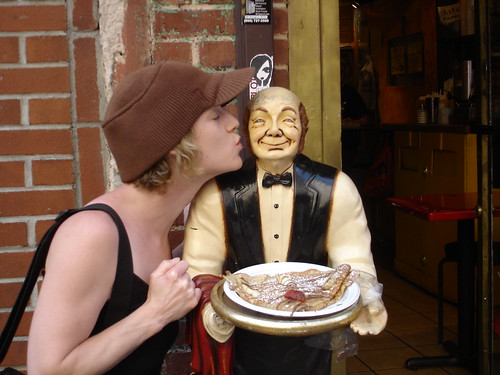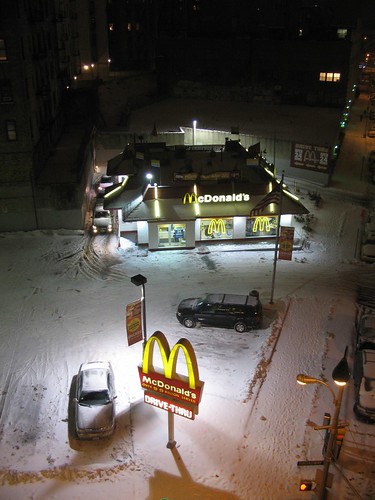Solemnity of St Paul the Apostle
Patron of the Pauline Family
Readings: Isaiah 49:3, 5-6; Galatians 1:11-20; Matthew 10:16-22
My dear friends, are you familiar with the Lord of the Rings movies? If you are, you may recall a scene in the first movie, The Fellowship of the Ring, in which the elf queen, Galadriel, presents Frodo, with a precious gift. Do you remember what it is? It’s a glass bottle containing the light of Eärendil, the elves’ most beloved star. May it be a light for you, the queen tells Frodo, as she hands him his gift. May it be a light for you in dark places, when all other lights go out. Later in the story, this gift comes in handy when Frodo is captured by a giant flesh-eating spider, and trapped in the black cave where it lives. The starlight proves useful not just for finding an escape route, but also for warding off the spider’s deadly attacks.
A light in dark places, when all other lights go out. A light that can dispel the deepest darkness, and lead us out, from danger into safety. Isn’t this a gift that we would all dearly love to have? And isn’t this also something like what we find in our Mass readings on this solemn feast of St Paul the Apostle, Patron of the Pauline Family? But in order for us to appreciate the gift, we need first to see the reason why it is given. We need to realise that, in each of our readings today, there is actually a growing danger. An encroaching darkness that manifests itself in different forms.
In the second reading, this darkness threatens the Christians in Galatia. And it comes in the form of a certain teaching that some have been spreading. As you know, Paul writes this letter mainly to refute this teaching, which he considers to be false. It is a dark and distracting cloud that casts a shadow of doubt on the joyful message that the Galatians had received earlier. The gospel that was preached to them by Paul. What is this false teaching? It is the apparently pious yet dangerously insidious insistence that non-Jews must be circumcised in order to become Christian. An insistence that makes salvation depend more on human performance than on the grace of God. Doubt and distraction arising from false teaching. This is the darkness we find in the second reading.
In the first reading, the darkness is even less obvious, mainly because a verse is missing. As you may have noticed, the reading is taken from verses three, five and six of Isaiah forty-nine. Verse four has been left out. Yet, it is in verse four that we find a helpful reminder of the darkness that the other verses are meant to dispel. Here, we find the prophet saying to himself, My toil has been futile, I have exhausted myself for nothing, to no purpose. In the midst of the considerable difficulties and setbacks he has had to face, in carrying out his God-given mission, the prophet has been feeling discouraged and disillusioned. What’s the point of all my hard work?! Nothing seems to change anyway… Discouragement and disillusionment arising from the trials of ministry. The apparent lack of effectiveness and success. This is the darkness we find in the second reading. A darkness that threatens to engulf not so much the people to whom he is sent, but the prophet of God himself.
And whereas the first two readings deal with darkness in the present, the gospel looks to the future. As Jesus gathers his apostles, and prepares to send them out on mission, he warns them of the terrible trials that are to come. The challenges that they can expect to face. And not only the challenges, but also the worry and anxiety that is likely to result from them. Worry about how to speak and what to say when they are dragged before their persecutors. Anxiety over the sight of brother betraying brother, and a father his child… Worry and anxiety for the future. This is the darkness that we find in the gospel.
Doubt and distraction caused by a false teaching focusing only on human performance. Discouragement and disillusionment resulting from a lack of success. Worry and anxiety at one’s own weakness and inadequacy before the considerable challenges that lie in the future. These are the forms that darkness takes in our readings today. Forms that we ourselves may experience from time to time. But if this is the darkness that threatens, then what is the light that dispels it? What is the precious gift that is being offered to us anew?
Don’t you find it striking, my dear friends, that although the forms of darkness may be different, in our readings, the gift given to dispel it is actually essentially the same? In the second reading, Paul counters the darkness of false teaching not just by presenting the light of true teaching. At least not in a purely academic or intellectual way. Instead, Paul takes care to share with the Galatians his own personal experience of meeting and being called and transformed by the Crucified and Risen Christ. God set me apart, Paul insists, from the time when I was in my mother's womb, called me through his grace and chose to reveal his Son in me.
In the first reading too, in his discouragement, the prophet finds new strength and purpose by a renewal of his own God-given calling. And now the Lord has spoken, who formed me in the womb to be his servant… I shall make you a light to the nations so that my salvation may reach the remotest parts of earth. And what do we find in the gospel, if not a description of Jesus calling and sending his apostles. Inviting them not so much to be effective, but to persevere, to stand firm, in living out their call. You will be universally hated on account of my name; but anyone who stands firm to the end will be saved.
And isn’t this an important reminder for us as we celebrate this solemn feast of the patron of the Pauline family? A family that seeks, especially through its use of communications media, to dispel darkness in all its various forms? The darkness of conflict and division, of selfishness and greed, of discouragement and despair, of rumour-mongering and fake news. And perhaps what is most insidious of all, the darkness that springs from the false belief that the salvation of our world depends only on us. On our own performance. On our own strength. On our own success. In the midst of all these forms of darkness, our readings remind us of the truth expressed in those famous words of St Mother Theresa: God has not called me to be successful. He has called me to be faithful.
My dear sisters and brothers of the Pauline family, truly, a precious gift has been given to us. The same gift that Paul and the apostles received. The gift of our call to be faithful disciples and joyful witnesses of Christ. Which is for us a light in dark places, when all other lights go out. What must we do to keep cherishing and sharing this undying light today?

